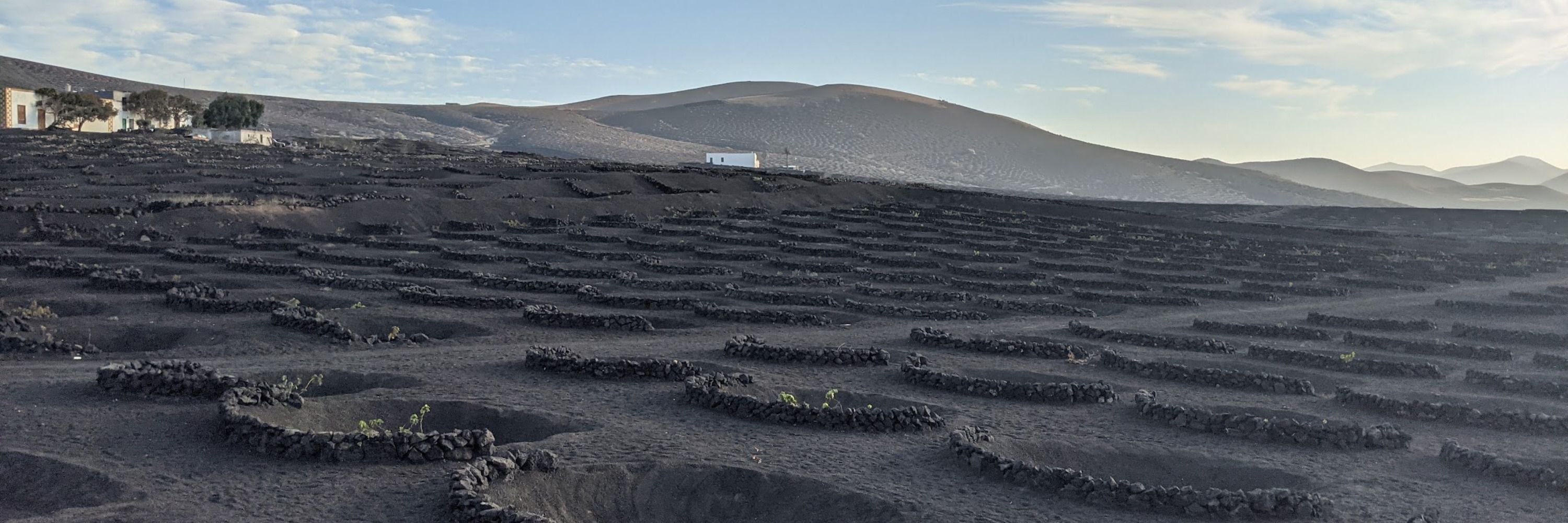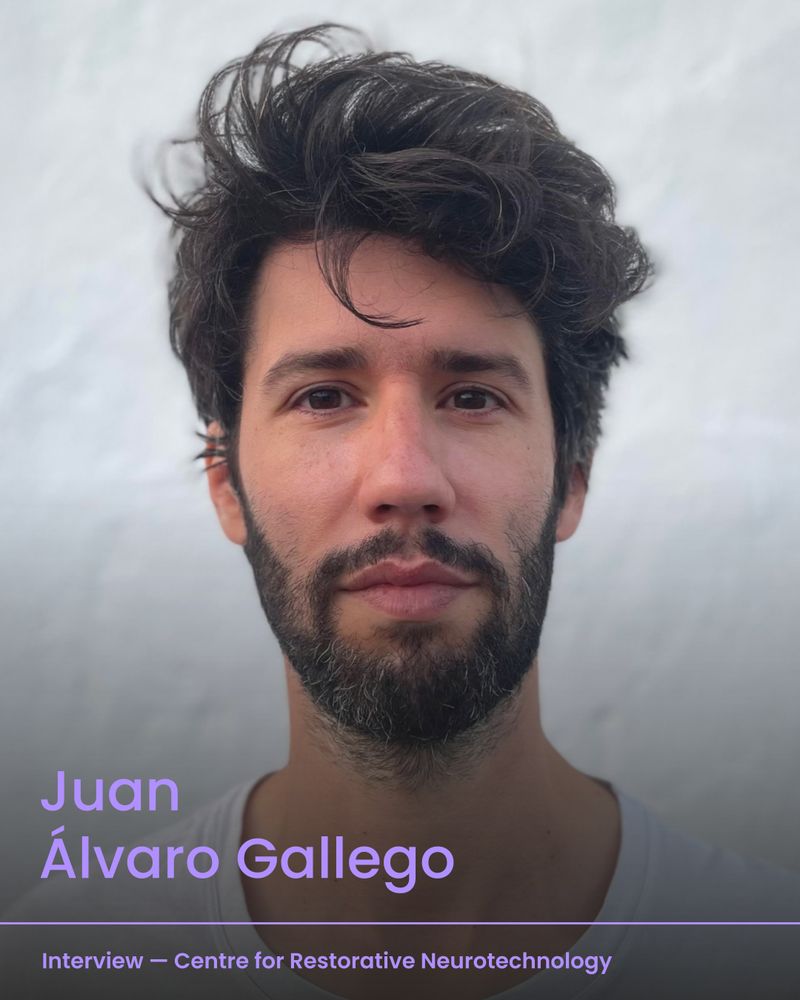Juan Gallego
@juangallego.bsky.social
3.1K followers
850 following
460 posts
Thinking about the brain, spinal cord and how we move (and related neurotech). Into books, music, coffee, food, photography+art, animals & some humans. Group leader at Imperial College London
#neuroskyence #Sensorimotor #compneurosky #Science
Posts
Media
Videos
Starter Packs
Pinned
Juan Gallego
@juangallego.bsky.social
· Sep 8
Juan Gallego
@juangallego.bsky.social
· Aug 25
Reposted by Juan Gallego
Reposted by Juan Gallego
Juan Gallego
@juangallego.bsky.social
· Aug 21
Ann Kennedy
@antihebbiann.bsky.social
· Aug 20
Theoretical neuroscience has room to grow
Nature Reviews Neuroscience - The goal of theoretical neuroscience is to uncover principles of neural computation through careful design and interpretation of mathematical models. Here, I examine...
www.nature.com
Juan Gallego
@juangallego.bsky.social
· Aug 20
Juan Gallego
@juangallego.bsky.social
· Aug 19
Juan Gallego
@juangallego.bsky.social
· Aug 19
Juan Gallego
@juangallego.bsky.social
· Aug 19
Juan Gallego
@juangallego.bsky.social
· Aug 19
Juan Gallego
@juangallego.bsky.social
· Aug 19
Juan Gallego
@juangallego.bsky.social
· Aug 19
Juan Gallego
@juangallego.bsky.social
· Aug 19
Antonio Bikić
@antoniobikic.bsky.social
· Aug 18

The cost of unmodeled biological complexity in artificial neural networks
This perspective argues that artificial neural networks (ANNs), while effective as
function approximators, omit biologically relevant structures, such as ion channels,
that introduce intrinsic randomn...
www.cell.com
Juan Gallego
@juangallego.bsky.social
· Aug 19



